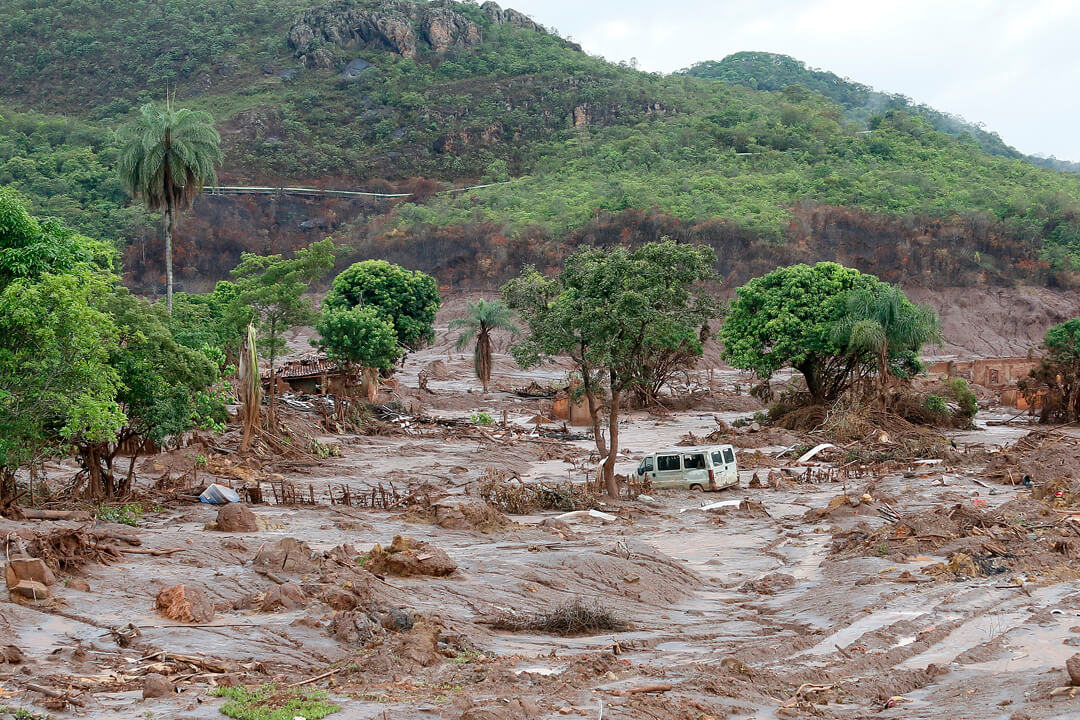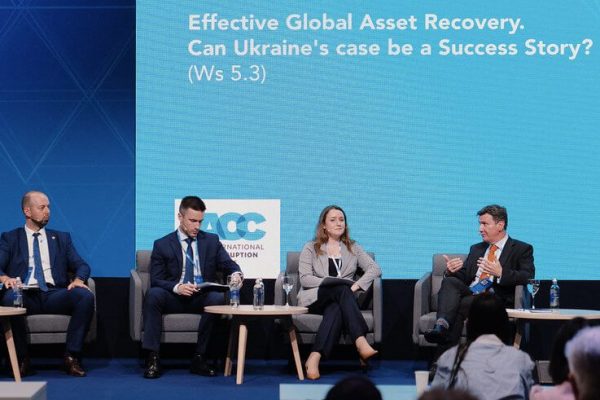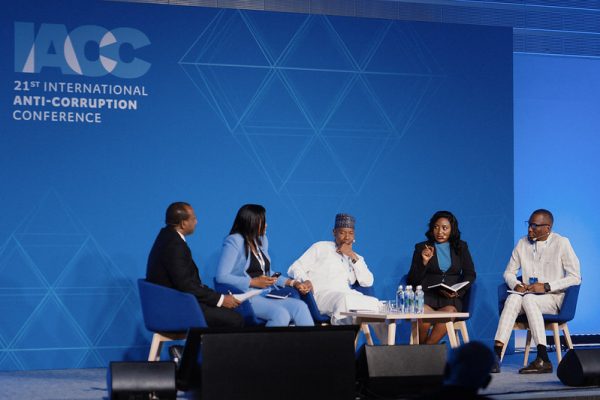On 5 November 2015, the Fundão dam collapsed in the Brazilian state of Minas Gerais, releasing 60 million cubic meters of iron ore tailings into the small communities of Bento Rodrigues and Paracatu de Baixo.
The devastation caused at the project owned by Samarco, a mining venture controlled by Vale and BHP Billiton, shocked the nation. Nineteen people died, rivers were contaminated and the soil became infertile. Nearly nine years on, compensations have not been finally agreed upon and residents complain that the companies are being less than transparent about the reconstruction process.
Mônica dos Santos, an activist with the Bento Rodrigues Victims’ Committee, believes that the companies tasked with rebuilding the affected communities are following their idea of what these repairs should look like. Her criticisms echo findings in the Brazilian press, where journalists discovered that modifications to the rebuilding plans had been made without consulting the population.
“It’s not a negotiation model. It’s an imposition model,” dos Santos said in an interview during the 2024 International Anti-Corruption Conference (IACC) in Vilnius, Lithuania.
Another complaint from dos Santos concerns the relocation of victims. She has been living in temporary housing provided by Samarco since December 2015, while waiting for a new housing project in Bento Rodrigues to be completed. Nearly 60 people have died without seeing their community rebuilt, she said.
The management of the destroyed communities is handled by the Renova Foundation, a non-profit organisation created by Samarco and its shareholders. The foundation is responsible for negotiating with residents and establishing compensation agreements.
“There’s no more backyard to plant. There’s not enough space or water. We used to get water for free, and now we have to pay,” said dos Santos about her community. .
One judge lambasted the Foundation in May 2024, writing that it had a “notorious inability to produce real, concrete and significant actions for the effective recovery of economic and environmental conditions prior to the disaster.”
André Carvalho, a researcher from the Federal University of Ouro Preto (UFOP) supported these criticisms.
“You see a series of problems stemming from this lack of effective participation,” Carvalho observed. “The relocation areas of Bento Rodrigues and Paracatu de Baixo are like big movie sets. The rooms do not allow residents to live as they did before,” he added. Dos Santos does not only blame the mining companies. She also believes that the government officials overseeing the reparation process cater to private interests.
“We’ve had issues with past and current governments, both at the municipal and state level, and we can’t trust them,” she added.
Dos Santos proposed that the reparation process should be controlled by an independent commission composed of elected community leaders and representatives from civil society organisations engaged in the issue.


